Advertisements
Ratings
GATE CS Syllabus 2024 – GATE 2025 exam will be conduct by IIT, Roorkee on dates 1, 2 and 8, 9 February, 2025. Here we have provided latest Computer Science and Information Technology syllabus & paper pattern for GATE 2024 aspirants.
All candidates with Computer Science and Information Technology subject are advised to download this latest syllabus before starting their GATE 2024 exam preparation.
Contents
- GATE 2025 Highlights
- GATE Computer Science & Information Technology Paper Pattern 2024
- GATE CSE Exam Pattern Details 2024
- GATE Computer Science & Information Technology Syllabus 2024 PDF
- GATE CSE Syllabus for General Aptitude 2024
- GATE CSE Syllabus for Engineering Mathematics 2024
- GATE CSE Syllabus for Core Subjects 2024
- GATE CSE Syllabus Weightage 2024
- GATE Computer Science & Information Technology Engineering Guidance
- GATE Computer Science & Information Technology Syllabus & Exam Pattern FAQs
- Related Links
- GATE Total Information & Guidance
GATE 2025 Highlights
| GATE 2025 Conducting Body | IIT, Roorkee |
| GATE 2025 Exam Date | 1, 2, 8, 9 February, 2025 |
| GATE 2025 Total Subjects | 30 |
| GATE 2025 Exam Mode | ONLINE Computer Based Test (CBT) |
| GATE 2025 Exam Duration | 3 hours (180 minutes) |
| GATE 2025 Total Questions | 10 (GA) + 55 (subject)= 65 |
| GATE 2025 Total Marks | 100 |
| GATE 2025 Question Type | MCQ, MSQ, NAT |
GATE Computer Science & Information Technology Paper Pattern 2024
| Paper Sections | Marks Distribution |
|---|---|
| Subject Questions | 72% of the total marks. |
| Engineering Mathemetics | 13% of the total marks. |
| General Aptitude | 15% of the total marks. |
GATE CSE Exam Pattern Details 2024
| Particulars | Details |
| Mode of Exam | Online |
| Number of Questions | 65 |
| Duration of Exam | 3 hours |
| Pattern of Questions |
|
| Marking Scheme |
|
| Number of Sections |
|
| Topic wise weightage |
|
GATE Computer Science & Information Technology Syllabus 2024 PDF
| General Aptitude Syllabus (Common to all papers) [pdf] | Download |
| GATE Syllabus for Computer Science and Information Technology (CS) [pdf] | Download |
GATE CSE Syllabus for General Aptitude 2024
| Topics | Sub-topics |
| Verbal Aptitude |
|
| Quantitative Aptitude |
|
| Analytical Aptitude |
|
| Spatial Aptitude |
|
GATE CSE Syllabus for Engineering Mathematics 2024
| Topics | Syllabus |
| Linear Algebra |
|
| Calculus |
|
| Discrete Mathematics |
|
| Probability and Statistics |
|
GATE CSE Syllabus for Core Subjects 2024
| Subject | Syllabus |
| Digital Logic |
|
| Computer Organization and Architecture |
|
| Programming and Data Structures |
|
| Algorithms |
|
| Theory of Computation |
|
| Compiler Design |
|
| Operating System |
|
| Databases |
|
| Computer Networks |
|
GATE CSE Syllabus Weightage 2024
| Subjects | Marks Weightage |
| General Aptitude | 15 |
| Engineering Mathematics | 13 |
| Discrete Mathematics | |
| Digital Logic | 6 |
| Computer Organization and Architecture | 8 |
| Programming and Data Structures | 15 |
| Algorithms | 7 |
| Theory of Computation | 6 |
| Compiler Design | 4 |
| Operating System | 9 |
| Databases | 7 |
| Computer Networks | 10 |
GATE Computer Science & Information Technology Engineering Guidance
- How to Prepare for GATE Computer Science: A Comprehensive Guide
- GATE CSE Syllabus 2025: Computer Science & Information Technology
- GATE 2025 Books: Computer Science & Information Technology
- GATE CS Previous Year Solved Papers – (2023-1991)
GATE Computer Science & Information Technology Syllabus & Exam Pattern FAQs
What is the syllabus for GATE Computer Science & Information Technology (CS & IT)?
The syllabus for GATE CS & IT includes subjects like Programming and Data Structures, Algorithms, Theory of Computation, Computer Organization and Architecture, Databases, Operating Systems, Computer Networks, Compiler Design, and Software Engineering. It also includes Mathematics and General Aptitude.
Is the GATE CS & IT syllabus subject to change?
The core subjects of the GATE CS & IT syllabus remain relatively stable. However, it's important to check the official GATE website for any updates or changes in the syllabus before starting your preparation.
Are there any specific topics within each subject that are more important for GATE CS & IT?
While the entire syllabus is important, some topics carry more weightage than others. For example, in Programming and Data Structures, topics like arrays, linked lists, stacks, queues, trees, and graphs are crucial.
Similarly, in Algorithms, topics like sorting, searching, dynamic programming, and greedy algorithms are significant.
What is the exam pattern for GATE CS & IT?
The GATE CS & IT exam consists of a total of 65 questions, with a duration of 3 hours. The question paper is divided into two sections: Multiple Choice Questions (MCQs) and Numerical Answer Type (NAT) questions.
MCQs carry 1 or 2 marks each, while NAT questions carry 1 or 2 marks each. There is negative marking for incorrect answers in MCQs.
Is there a specific weightage assigned to each subject in the GATE CS & IT exam?
No, there is no specific weightage assigned to each subject. The distribution of questions can vary from year to year.
However, it is generally observed that questions related to core subjects like Algorithms, Data Structures, and Computer Networks have a significant presence in the exam.
Are there any recommended books or resources to cover the entire GATE CS & IT syllabus?
Some popular books for GATE CS & IT preparation include 'Introduction to the Design and Analysis of Algorithms' by Cormen, Leiserson, Rivest, and Stein, 'Operating System Concepts' by Silberschatz, Galvin, and Gagne, and 'Computer Networks' by Andrew S. Tanenbaum. Additionally, NPTEL lectures and previous years' question papers are valuable resources.
Are programming languages like C, C++, or Java required for GATE CS & IT?
While knowledge of programming languages is beneficial, the GATE CS & IT syllabus does not specifically mandate any programming language. However, questions related to programming concepts and their applications can be expected.
Is it necessary to study Mathematics for the GATE CS & IT exam?
Yes, Mathematics is an integral part of the GATE CS & IT syllabus. Topics such as discrete mathematics, linear algebra, probability, and calculus are included.
It's essential to allocate sufficient time for studying and practicing mathematics concepts.
Are there any online resources or mock tests available for GATE CS & IT preparation?
Yes, there are several online platforms and websites that offer free and paid resources for GATE CS & IT preparation. Some popular ones include GeeksforGeeks, GateOverflow, and Testbook.
These platforms provide study materials, mock tests, and previous years' question papers.
Related Links
- GATE CSE Syllabus 2025: Computer Science & Information Technology
- GATE 2025 Books: Computer Science & Information Technology
- GATE CS Previous Year Solved Papers – (2023-1991)
Recent Posts
- AAI Through GATE 2024 – JE (Junior Executive)
- M Tech and MS Programs Through GATE and GRE: Navigating Postgraduate Options
- Job Opportunities After GATE 2024 in India: What You Didn’t Know!
- BSPHCL Through GATE 2024 – 40 AEE
Related Tags
Gate cse syllabus pdf free download 2025, gate cse syllabus 2025, gate cse syllabus 2025, gate syllabus cse official website 2025, gate cse syllabus iisc 2025, gate cse 2025, gate syllabus for cse pdf 2025, gate syllabus 2025
| GATE (Reasoning & Aptitude & Maths) Books |
| GATE Guide Books |
GATE Total Information & Guidance
Click below given links to get further information.


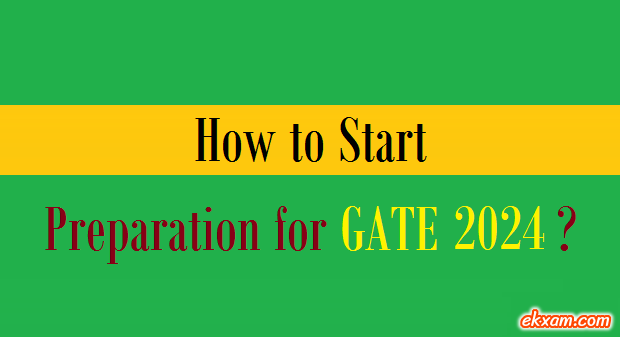
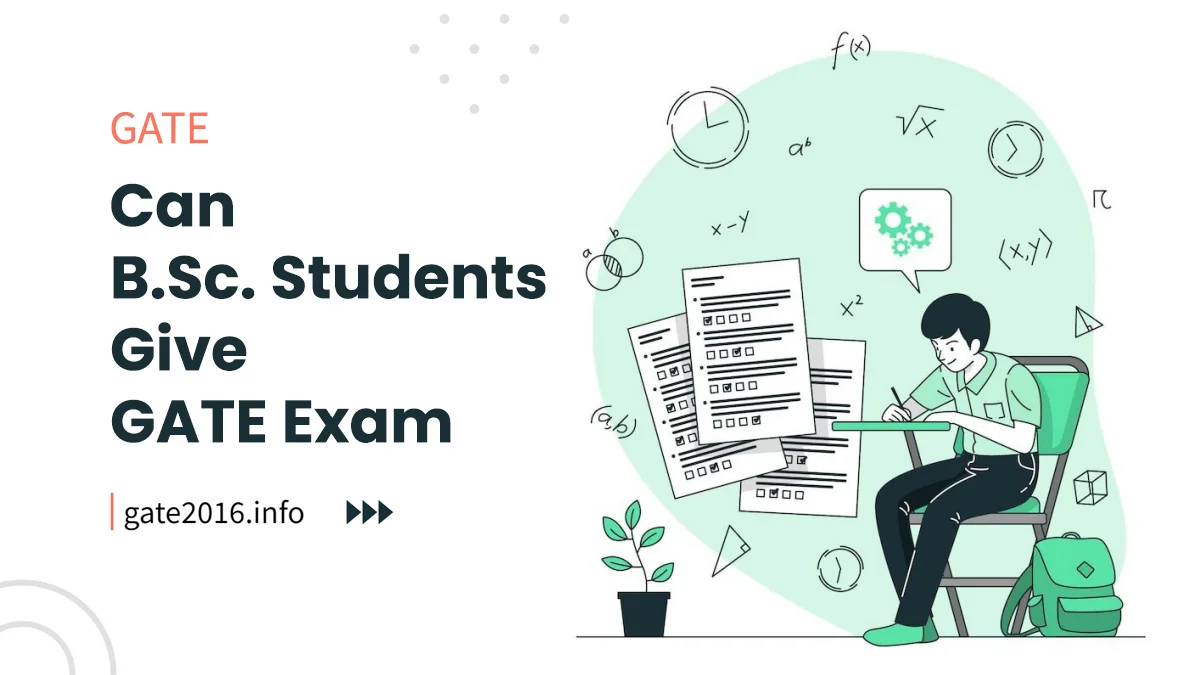
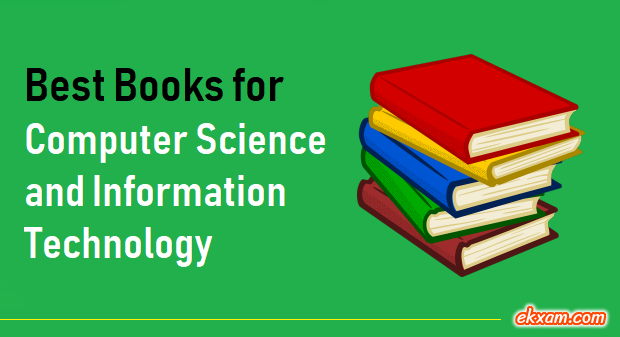
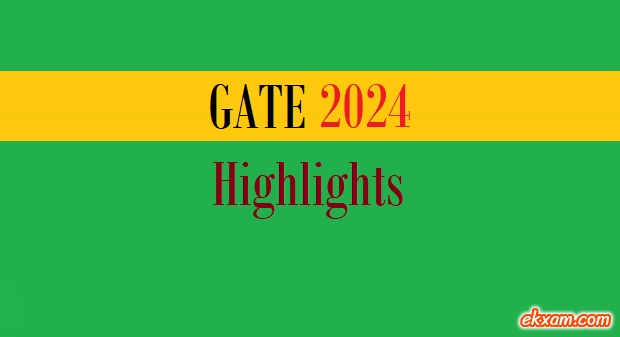
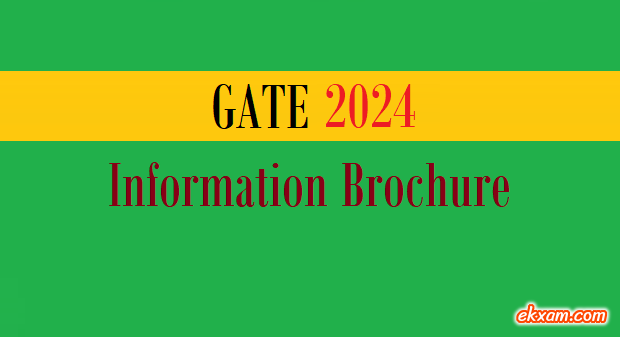
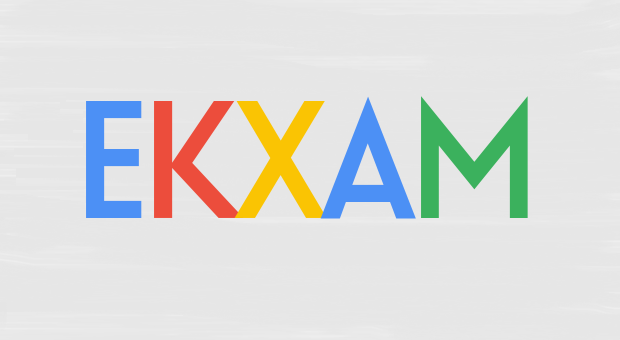
GATE Exam Papers and Paper Solution – Computer Science and Information Technology.
I did M.pharmacy pharmaceutical chemistry can apply for gate 2017 for chemistry subject.is my degree eligible for gate chemistry.
Hello Sir/ma’am,
If you think pharmaceutical chemistry may consider as chemistry then you can choose chemistry gate paper.
For more details Please check below link.
Can I Choose Any GATE Paper ? : http://www.gate2016.info/gate-guidance/can-choose-any-gate-paper/
Feel free to ask if you need any help in future & join us @ Google+ / Facebook for getting regular updates.
It is very useful keep updating the information.
Hello Mohana,
Thanks for appreciating our work.
Feel free to ask if you need any help in future & join us @ Google+ / Facebook for getting regular updates.
Thanx Alot Admin And Team For All The Help.
Hello shivi,
Thanks for appreciating our work.
Feel free to ask if you need any help in future & join us @ Google+ / Facebook for getting regular updates.
GATE Fees is too high. its Rs. 1500. I am unable to pay such huge amount, so may I mis my dream to do post graduation ? .
this is the best information for me
Nice post.
Keep posting in future.
your work is very useful 4 others.
thanks 4 this..
We are glad that you find our work useful.
Your info is really helpful
We are glad that you find our work useful.